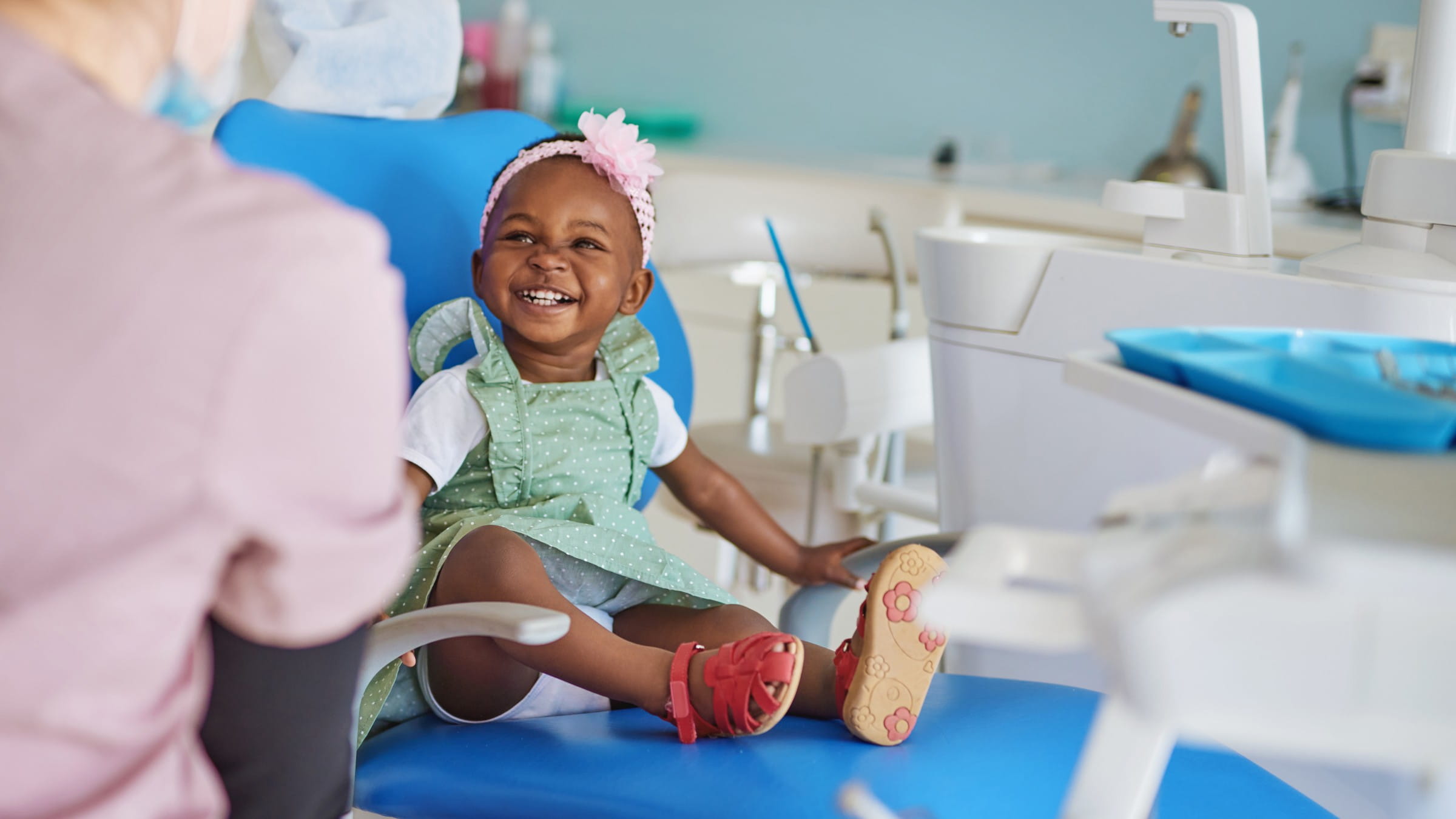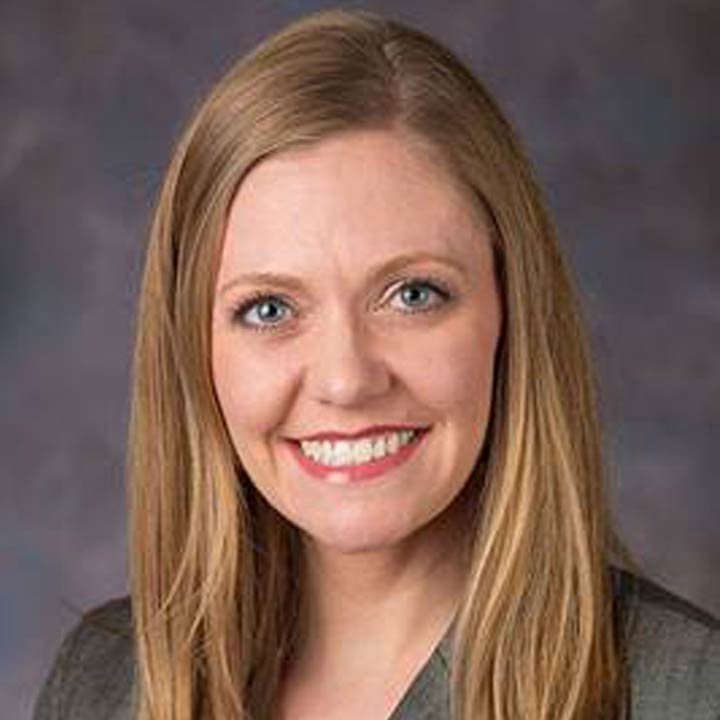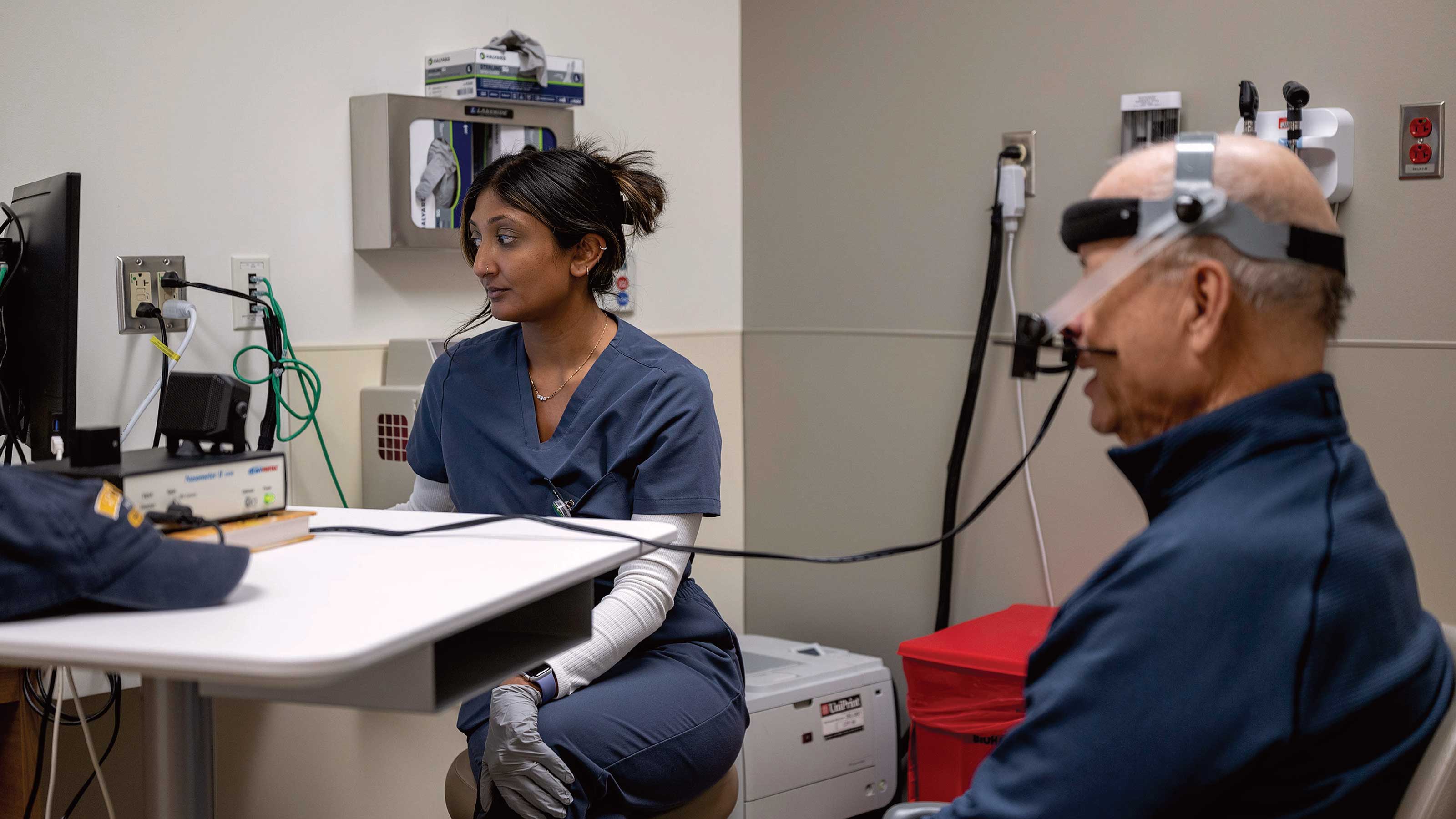
Many adults understand the importance of regular dental care, but parents often wonder why a dentist would need to see a nearly toothless infant.
The reason is prevention.
Prevention starts with education, so at these early visits, pediatric dentists talk about limiting the sugars that cause cavities and how to care for your child’s teeth. We monitor growth and development and look for early signs of disease. We can give tips for dealing with teething and talk about what to do if your child ever has an accident that injures the teeth.
Early visits are also important to help children become comfortable with the dentist, and we hope this helps them have positive experiences in the office.
Early — and continued — trips to the dentist play an important role in helping children have a cavity-free childhood. The American Academy of Pediatric Dentistry recommends children see a dentist no later than their first birthday.
Parents should talk to their family’s dentist for specific recommendations but can follow this general dental advice for children:
6 to 36 months
- Take your child to the dentist by their first birthday.
- Sugary drinks and snacks, including juice, should only be given during meals or avoided entirely.
- You should brush your child’s teeth twice a day using a small, soft toothbrush and a rice-sized “smear” of toothpaste with fluoride as soon as the first tooth appears.
- Sucking on thumbs, fingers or pacifiers is normal at this age.
- As children become more mobile, they may have accidents that break or knock out their teeth. If that happens, call your dentist right away.
3-6 years
- Continue to limit drinks and snacks that have sugar in them.
- At age 3, you can increase the toothpaste with fluoride your child uses to a pea-sized amount.
- Kids at this age want to brush their teeth by themselves, but they’re not old enough to do a good job yet. You’ll need to help your child brush until they’re a little older.
- If your child sucks on a thumb, finger or pacifier, then it’s time to help them stop — ideally, by the age of 3.
- If your child has an injury to their teeth, call your dentist right away.
6-12 years
- Continue to limit drinks and snacks that have sugar in them. This advice won’t change, no matter how old your child is!
- Your child will be getting better at brushing, but should still be supervised until they are at least 8 years old.
- For lots of kids, the front baby teeth will start to get loose and fall out at age 6, and at the same time they’ll start to get permanent molars in the very back of their mouths. They’ll continue to lose more baby teeth and get new permanent teeth throughout this time.
- Your dentist might talk about putting sealants on new permanent molars to help prevent cavities on the chewing surfaces.
- It may have been difficult to floss your child’s teeth when they were younger, but as adolescence approaches, it’s helpful to make flossing a part of the daily routine to prevent gum disease.
- As the permanent teeth start coming in, the dentist will be able to tell if your child will need braces.
- Kids in this age group often become more involved in sports, and this can put them at higher risk for injuries to the teeth. Wearing mouth guards can help prevent injury, and if an injury happens, you should call your dentist right away.
Healthy baby teeth are important to the overall health of the child and the permanent teeth that are already developing.
Parents ask me all the time why baby teeth matter if they’re just going to fall out anyway. If baby teeth have bad cavities, then they might start to hurt, which makes it hard for kids to eat, pay attention in school, and even sleep. If the teeth then become infected, the infection can spread and make the child sick or affect the permanent teeth that haven’t even come in yet.
The best way to prevent dental problems is to start early.
Parents always ask me when oral health care should begin for their children. It starts with the first tooth.






